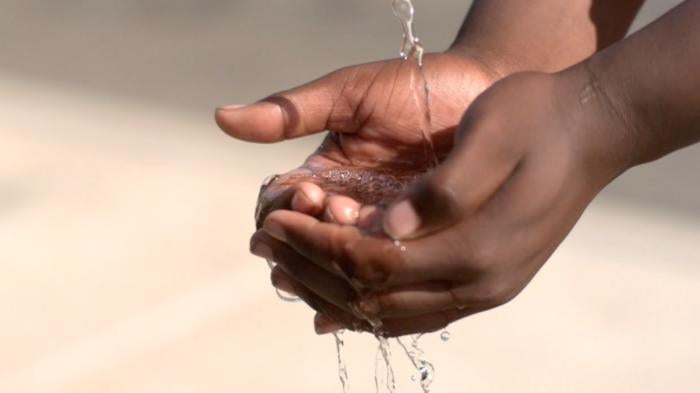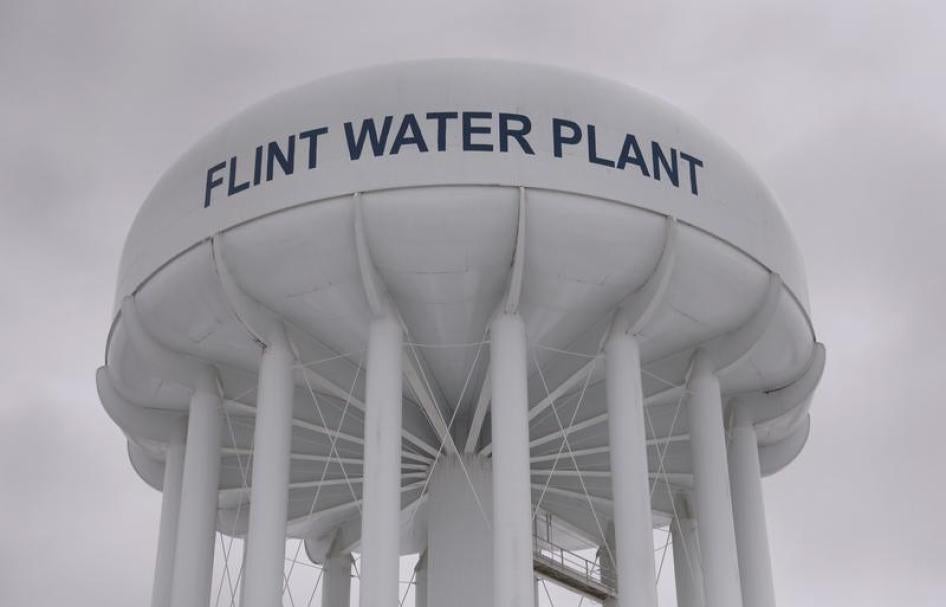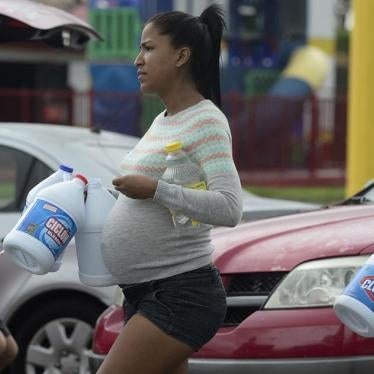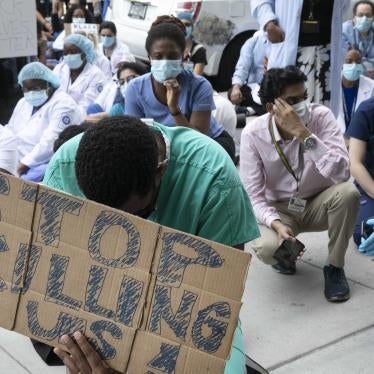Access to safe and affordable water is essential to human health and for following basic recommendations issued by US public health experts on proper hand hygiene to help prevent Covid-19 infection. Despite this, communities of color across the US, including Native Americans living on reservations, are facing Covid-19 without adequate access to water.
In a new video, activists from around the US share how the rights to water and sanitation have been jeopardized in their communities, disproportionately affecting people of color, women, and children, mirroring the racial disparities evident in the Covid-19 pandemic.
Despite the country’s wealth, many people in the US live with unsafe drinking water. According to a United Nations expert, the United States ranked 36th in the world in terms of access to water and sanitation in 2017. That same year, nearly 77 million US residents were estimated to be served by drinking water systems with one or more violations of the federal Safe Drinking Water Act. Little has changed since then. Black, brown, and low-income communities are disproportionately impacted by both urban and rural water vulnerabilities.
The human right to water is derived from the right an adequate standard of living. However, the US government, as well as state and local authorities, have refused to acknowledge this basic right. In 2014, a US federal judge in Michigan stated there was “no enforceable right” to water after the city of Detroit started massive shut-offs of household water supplies if people did not pay their water bills.
Members of the Water Equity and Climate Resilience Caucus, featured in the video, are asking for support of two provisions in the draft Health and Economic Recovery Omnibus Emergency Solutions (HEROES) Act that would target grants to address the disproportionate impacts of Covid-19 in communities already impacted by environmental degradation, subsidize water costs for low-income households, and restore or keep clean water access for communities facing shut-offs or toxic water.
People in the US can contact their senator and join in the effort to #KeepWaterOn for communities across the country.











